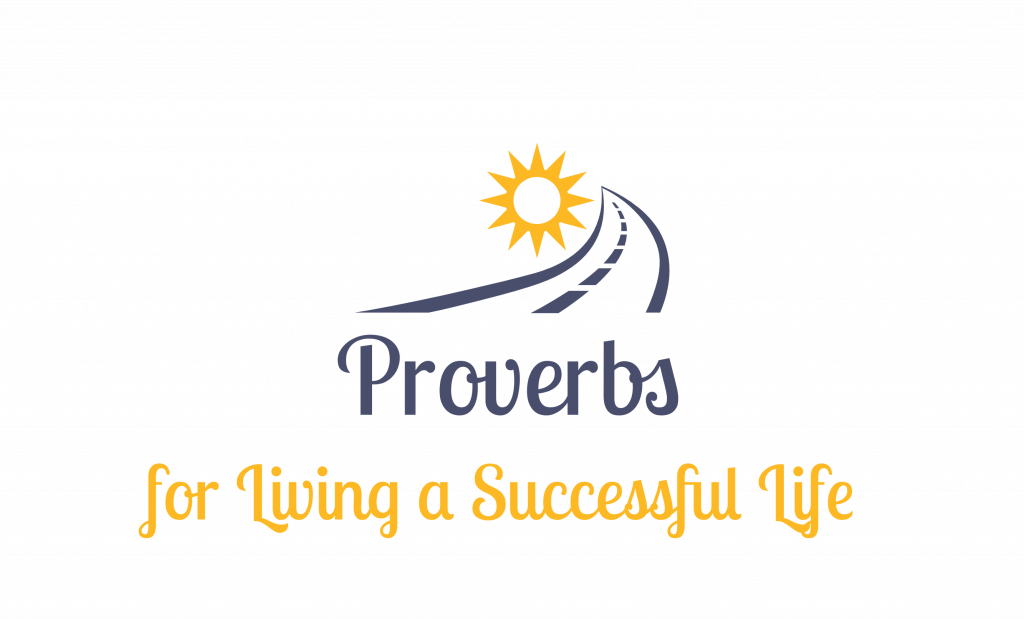 Paul, the Apostle, states, “I have learned to be content whatever the circumstances. I know what it is to be in need, and I know what it is to have plenty. I have learned the secret of being content in any situation…” (Phil. 4:11-12) The secret to being content to which he is referring is a complete faith in Jesus Christ; absolute trust that God is at work for the best. Not much of a secret, but definitely a significant commitment. We each exist in a reality that probably isn’t how we imagined or hoped it would be.
Paul, the Apostle, states, “I have learned to be content whatever the circumstances. I know what it is to be in need, and I know what it is to have plenty. I have learned the secret of being content in any situation…” (Phil. 4:11-12) The secret to being content to which he is referring is a complete faith in Jesus Christ; absolute trust that God is at work for the best. Not much of a secret, but definitely a significant commitment. We each exist in a reality that probably isn’t how we imagined or hoped it would be.
For more on this, check out the short video below:
